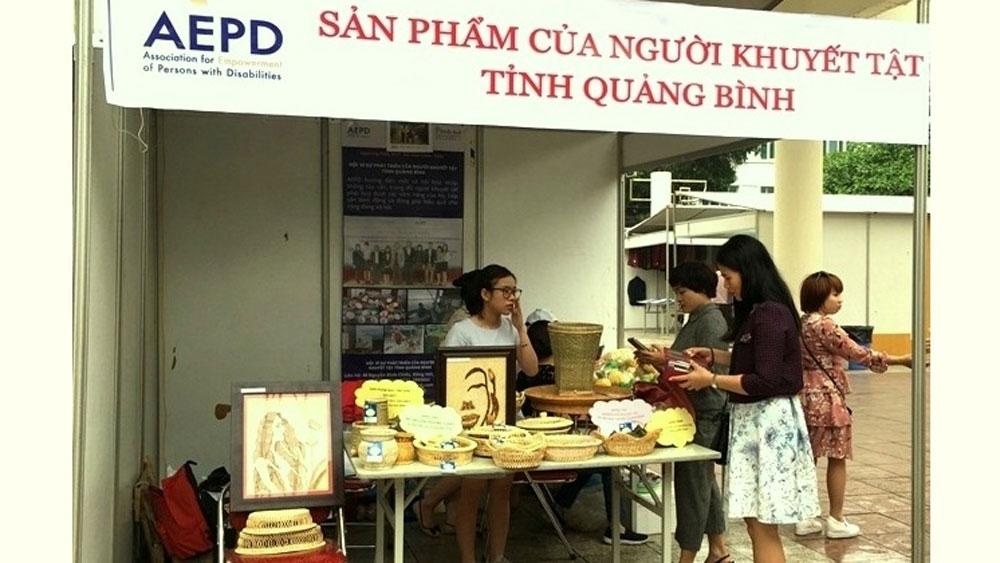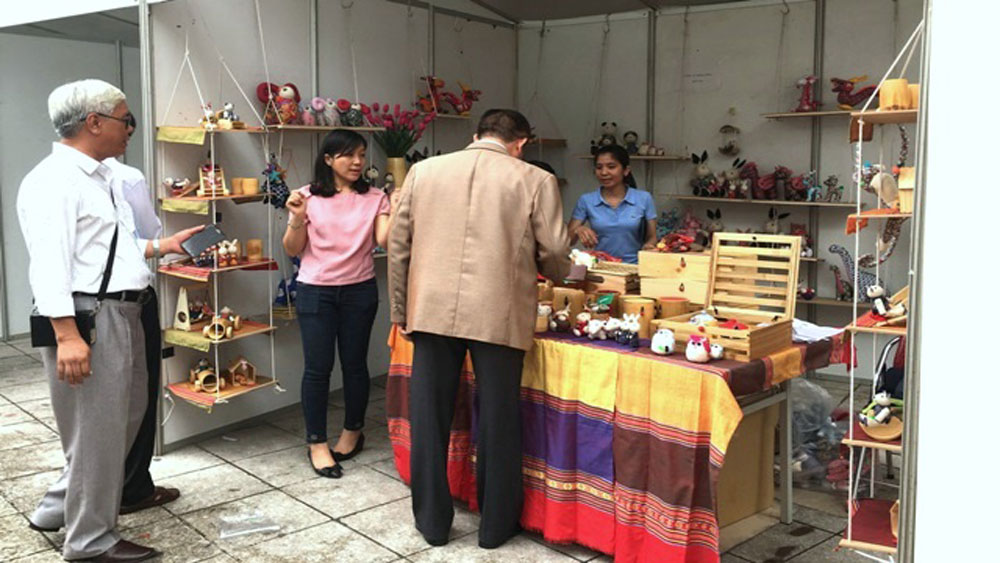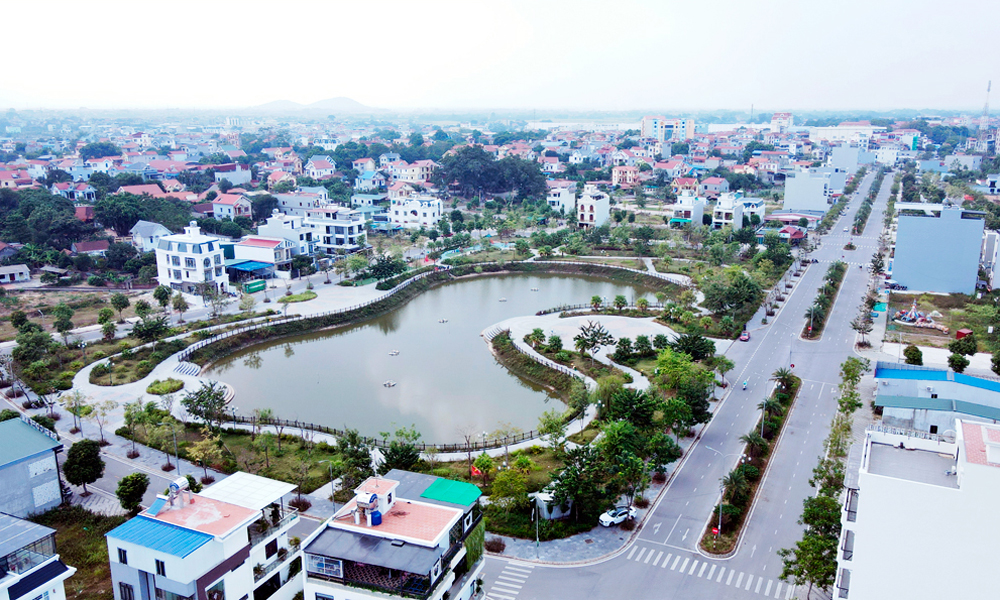Tourism could support people with disabilities: experts
 |
|
Making handicrafts helps people with disabilities in Quang Binh province to integrate into the community. (Photo: NDO). |
Tourism has become increasingly diverse in Vietnam contributing to sustainable development, bringing great benefits to the country and creating respectable jobs for laborers. As more and more international tourists travel to Vietnam, amidst increasing domestic tourism demand, the industry offers a change for facilitating the consumption of goods and products made by PWDs.
Vietnam currently has approximately eight million PWDs aged five years or more, due to various causes, such as war consequences, congenital disease
However, in recent years, there has been a great deal of social change in support of PWDs, which is providing support based on the development perspective. On the basis of citizens' rights, the State creates favorable conditions for PWDs to learn and join vocational training courses, while also offering employment opportunities.
When they have experienced education to obtain professional skills and gain decent jobs with a stable income, they improve their standard of living towards independent living, thus reducing the burden on their families and society.
PWDs are capable of learning to participate in the production of various products, especially handicrafts. In fact, there are many production units that have been established by PWDs or are attracting the participation of this group. According to statistics from the Ministry of Labour, Invalids and Social Affairs (MOLISA), there are 400 establishments nationwide with more than 15,000 workers who are PWDs.
Due to their physical limitations, the production process by PWDs often lasts longer than normal people. However, they are more careful in their work taking care of every detail to finalize their products. They have defects but they compensate for them with their persistence and high concentration. This ability generates creativity and helps them to actively participate in the production of traditional crafts that requires meticulousness and patience.
A typical model in attracting tourists to spend on products made by PWDs could be a series of booths selling handicrafts set up at transport cafes along the Hanoi - Ha Long route, which usually sees a large tourist traffic flow. In addition to selling handicrafts and embroidered products made by PWD’s, they could also offer field-trips to PWDs’ embroidery workshops. It is also a typical example in finding out the traditional profession that is suitable for PWDs and offering them job training to make quality products that meet the market demand.
Along with traditional craft making, such as oil and embroidered paintings, bamboo handicrafts, souvenirs, stuffed toys and string beads, some units seek products of foreign origin suitable with the PWDs’ capacity, including origami products, Matryoshka dolls, clay flowers and wood carvings, as well as offering PWD training to make products following meticulous designs. However, up to now, only a few establishments are capable of producing high-value products, the rest are mostly consumer goods and souvenirs with low value, making them difficult to sell.
 |
|
Buying products made by people with disabilities is a social responsibility for all to join hands with the State to care for the group of unfortunate people. (Photo: NDO). |
To solve the issue related to the output for PWDs’ products, Dr. Do Cam Tho, from the Vietnam National Administration of Tourism (Ministry of Culture, Sports
In order to promote support for PWDs through tourism activities, experts proposed focusing on a number of factors that are likely to become the input elements of tourism products, such as the field trips to workshops to inspect manufacturing activities and communicate with onsite PWDs, in addition to purchasing products made by them.
Source: NDO
 Bắc giang
Bắc giang









Reader's comments (0)